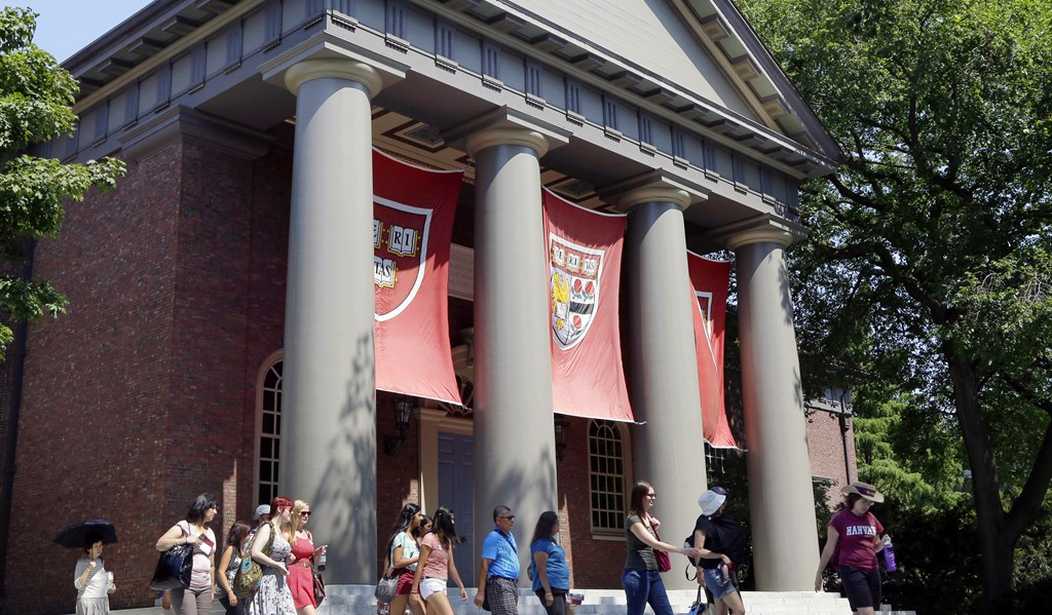A federal appeals court has upheld a decision that cleared Harvard University of bias in admitting students of Asian descent. The suit had been brought by Students for Fair Admissions on behalf of several Asian students who alleged the university refused them admission because of racial bias.
The court found that Harvard’s admissions guidelines adhered to federal standards. That doesn’t mean that Harvard doesn’t discriminate and favor some races over others. All it means is that the university has met a legal test that it doesn’t give disproportionate weight to race as a factor in admissions.
“The issue before us is whether Harvard’s limited use of race in its admissions process in order to achieve diversity in the period in question is consistent with the requirements of Supreme Court precedent. There was no error,” the judges wrote.
The group’s 2014 lawsuit alleges that Harvard’s admissions officers use a subjective “personal rating” to discriminate against Asian Americans who apply to the school. Using six years of admissions data, the group found that Asian American applicants had the best academic records but received the lowest scores on the personal rating.
U.S. colleges, including Harvard, have gotten very good at disguising their biases.
Harvard denies any discrimination and says it considers applicants’ race only in the narrow way approved by the U.S. Supreme Court. In close calls between students, some underrepresented students may get a “tip” in their favor, school officials say, but students’ race is never counted against them.
After a three-week trial that cast new light on Harvard’s secretive selection process, a federal judge ruled that other factors could explain why Asian Americans are admitted at lower rates than other students. In her 2019 ruling, District Judge Allison D. Burroughs said Harvard’s admissions process is “not perfect” but concluded that there was “no evidence of any racial animus whatsoever.”
The suit wasn’t about “racial animus.” It was about bias, which can be something institutional or personal. Harvard and other American schools have institutionalized racial bias, favoring some minorities over others in order to smooth out their racial balance. It’s insidious and un-American.
A Democratic administration won’t support these lawsuits as the Trump Justice Department did. Trump’s DOJ also sued Yale over its bias and alleged that the school not only discriminates against Asians but whites as well.
Defenders of the policy say that tests and grades used in admittance are biased against black and Hispanic students which is why Harvard has to compensate for the “racism” inherent in the admissions process. Of course, that doesn’t explain why Asian students do so well, or how a racial balance is achieved without resorting to a biased admissions process.
The Supreme Court ruled that schools can use race as one factor in admissions. Most schools honor that limitation in the breach and find ways to get around it. It’s time they were called to account for it.










Join the conversation as a VIP Member